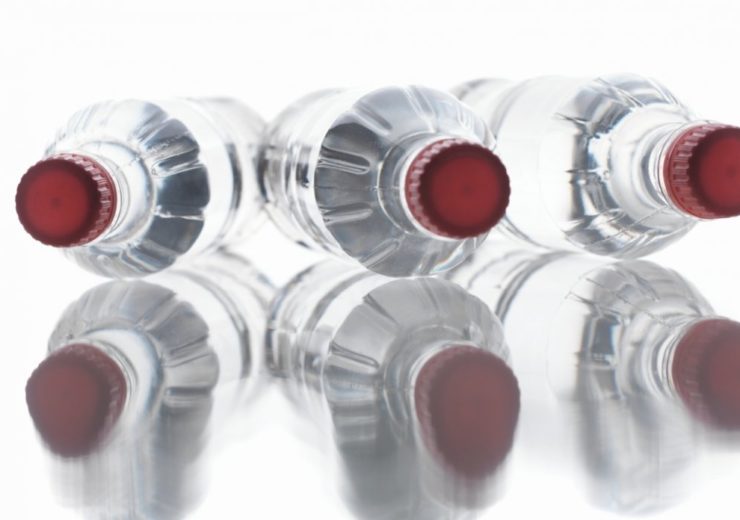The companies in the consortium include ALPLA, a packaging and recycling specialist; Britvic, a food, drink and consumer goods producers, Danone and Unilever; and waste management and recycling specialist Remondis

Image: Several companies join forces to enhance plastic recycling. Photo: courtesy of ALPLA.
Several companies operating across the polyester packaging chain along with businesses involved in the manufacture, use, collection and recycling of polyethylene terephthalate (PET) plastic packaging have formed a consortium for chemical recycling of PET.
The new consortium aims to address the problem of plastic waste by accelerating the commercialisation of BP Infinia, a pilot plant in the US to test new recycling technology.
The new plant is designed to convert difficult-to-recycle (known as ODR) PET plastic waste that can degrade in quality each time it is recycled using conventional methods, into a recycled feedstocks that can be used to make new PET plastic packaging with no loss in quality.
The companies in the consortium include ALPLA, a packaging and recycling specialist; Britvic, a food, drink and consumer goods producers, Danone and Unilever; and waste management and recycling specialist Remondis.
ALPLA recycling head Georg Lässer said: “ALPLA is delighted to join this cross-functional project with partners from the entire value chain.
“It completes our intense activities besides mechanical recycling and focuses on post-industrial PET waste, difficult-to-recycle PET packaging and PET thermoform trays.”
More than 75% of the PET plastic bottles collected globally are recycled
The consortium expects to combine the capabilities and experience of the member companies for developing a new circular approach to tackle PET plastic waste.
PET is a plastic generally used in beverages and rigid food packaging applications, personal care and homecare bottles.
According to BP, more than 75% of the PET plastic bottles collected globally are recycled, but only 12% of are made back into new bottles.
While the remainder is lost from the bottle-to-bottle loop, as it is used in other applications which are usually disposed of directly after use to landfills or incinerators due to lack of separate collection.
BP said that each member of the consortium is expecting to contribute resources, distinctive capabilities and experience to develop a business model to create a circular economy for polyester and PET plastic.
In October this year, BP has unveiled its plans to build a $25m pilot plant in the US to test new recycling technology on a continuous basis before progressing to full-scale commercialization.
